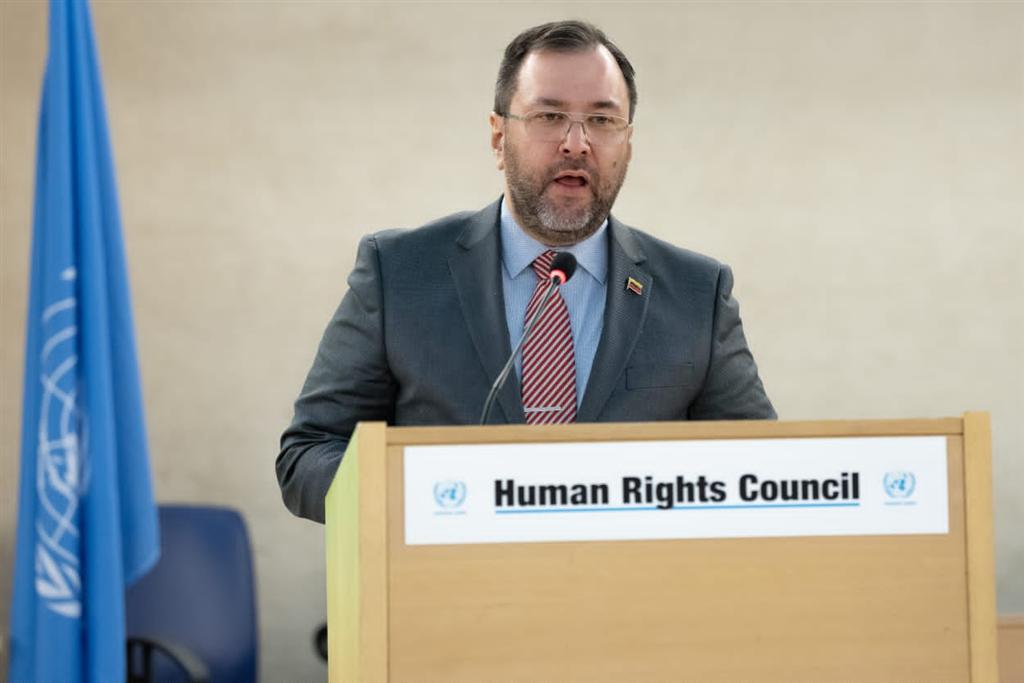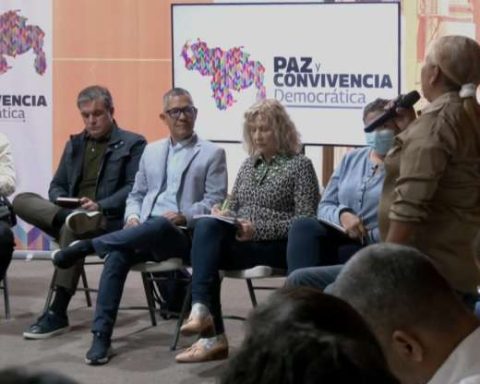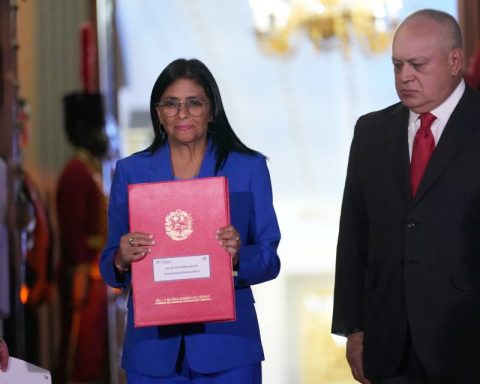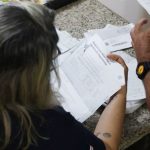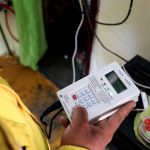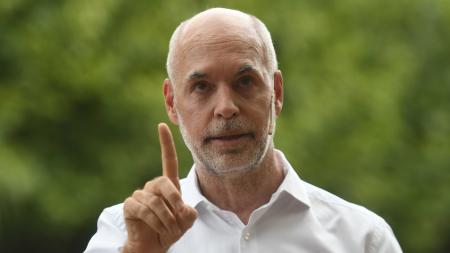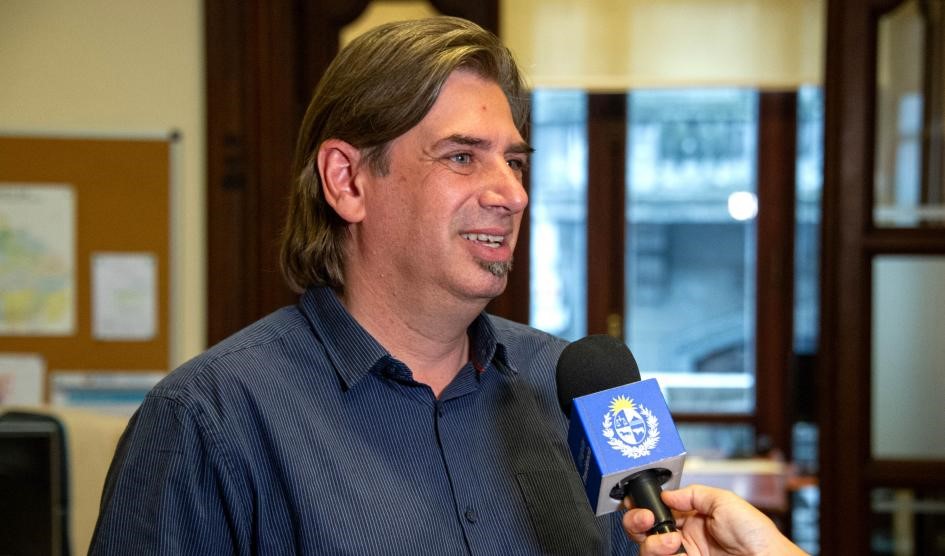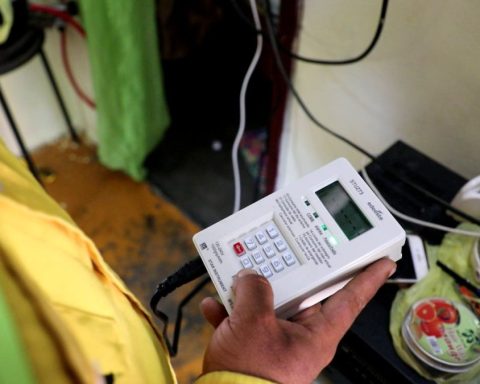Venezuela denounces the continuity of the actions of neocolonialism, with the imposition of more than 927 coercive and illegal measures that have affected the normal functioning of the country’s economy, but remains firm and committed to the defense of Human Rights, highlighted this Tuesday the chancellor of the Republic, Yván Gil, when participating in the 52nd period of sessions of the Council of Human rights of the United Nations Organization (UN).
«These measures are the continuity of neocolonialism, and now they are implemented as political and economic weapons by the hegemonic countries to the peoples of the South, and to all those who do not agree with their perverse expansionist intentions, accompanied by shameful media campaigns, full of falsehoods, to criminalize governments, accuse legitimate authorities and organize failed assassinations and coups,” denounced the Venezuelan Foreign Minister before the Council.
During his speech, the Foreign Minister indicated that Venezuela continues to defend its commitment to Human Rights one year after the periodic review on this matter.
“We reject and condemn the politicization that they intend to continue applying in this worthy council,” he claimed.
He explained that they intend to create parallel systems to criminalize countries, for which reason he noted that “this council must be oriented towards the defense of nations.”
Despite this, he said that Venezuela continues to make progress in the recovery and well-being of the people, despite the unilateral coercive measures.
He stressed that despite the sanctions, Venezuela managed to grow economically by more than 15%; this being the highest growth figure in Latin America in 2022.
Work in the institutionality
Likewise, he made a call to “continue working on the institutionality and constitutionality of this Council, reaffirming the universality and independence of human rights, without double standards,” he said.
“Human rights are sacred elements for the United Nations, let’s not allow them to be a pretext for more violations,” he added.
Gil emphasized that “Venezuela will continue to be oriented towards the promotion and protection of human rights and peace diplomacy.”
Venezuela stands in solidarity with Syria and Türkiye
At the beginning of his speech at the 52nd session of the UN Human Rights Council, Foreign Minister Gil reiterated his words of encouragement and solidarity for the peoples of Türkiye and Syria, in the face of the earthquakes they have suffered and which have caused thousands of deaths , injured and destroyed infrastructure.
27F: popular insurrection
He stressed that this Monday, February 27, was commemorated the 34th anniversary of that popular feat in which the people rose up against the empire, capitalism and the bourgeoisie of the past, in a movement known as El Caracazo, where the “systematic rape” was experienced. of the human rights of our people”.
Process riddled with vices: kidnapping of Alex Saab
The Venezuelan Foreign Minister took the opportunity to denounce the violation of Human Rights committed after the kidnapping of Diplomat Alex Saab, who is in the United States leading a judicial process riddled with vices and distortions.
In this sense, he called on the UN Human Rights Council to pronounce on the matter.
Venezuela showed its capacity in the pandemic
Gil highlighted the capacity shown by Venezuela in mitigating the effects of the covid-19 pandemic, by achieving 100% of the target population vaccinated, despite the difficulties, as a result of coercive measures.
“The inequalities and exclusions that still persist in the world became evident,” he said.
Visit Volker Turk
In the speech he mentioned and highlighted the visit of the UN High Commissioner for Human Rights Volker Türk, which was propitious for the signing of the agreement with the Venezuelan Government for two years of cooperation and technical assistance in the field of Human Rights.
52nd period of the Human Rights Council
This Monday, Foreign Minister Yván gil arrived in Geneva, Switzerland, to participate in the 52nd session of the Council of Human rights of the United Nations (UN).
